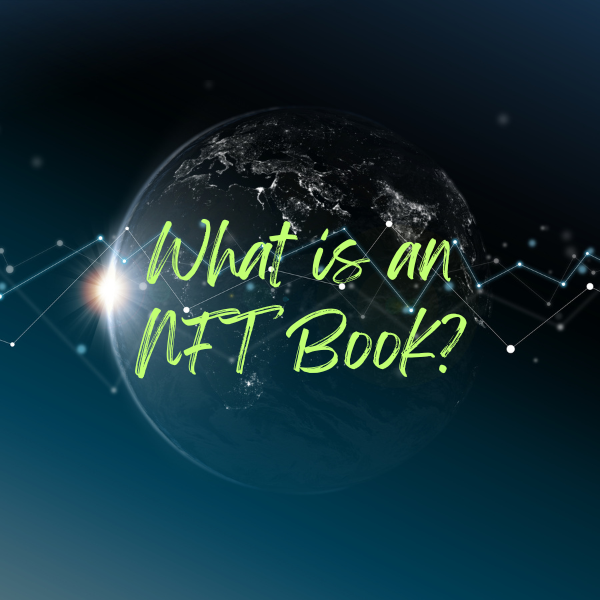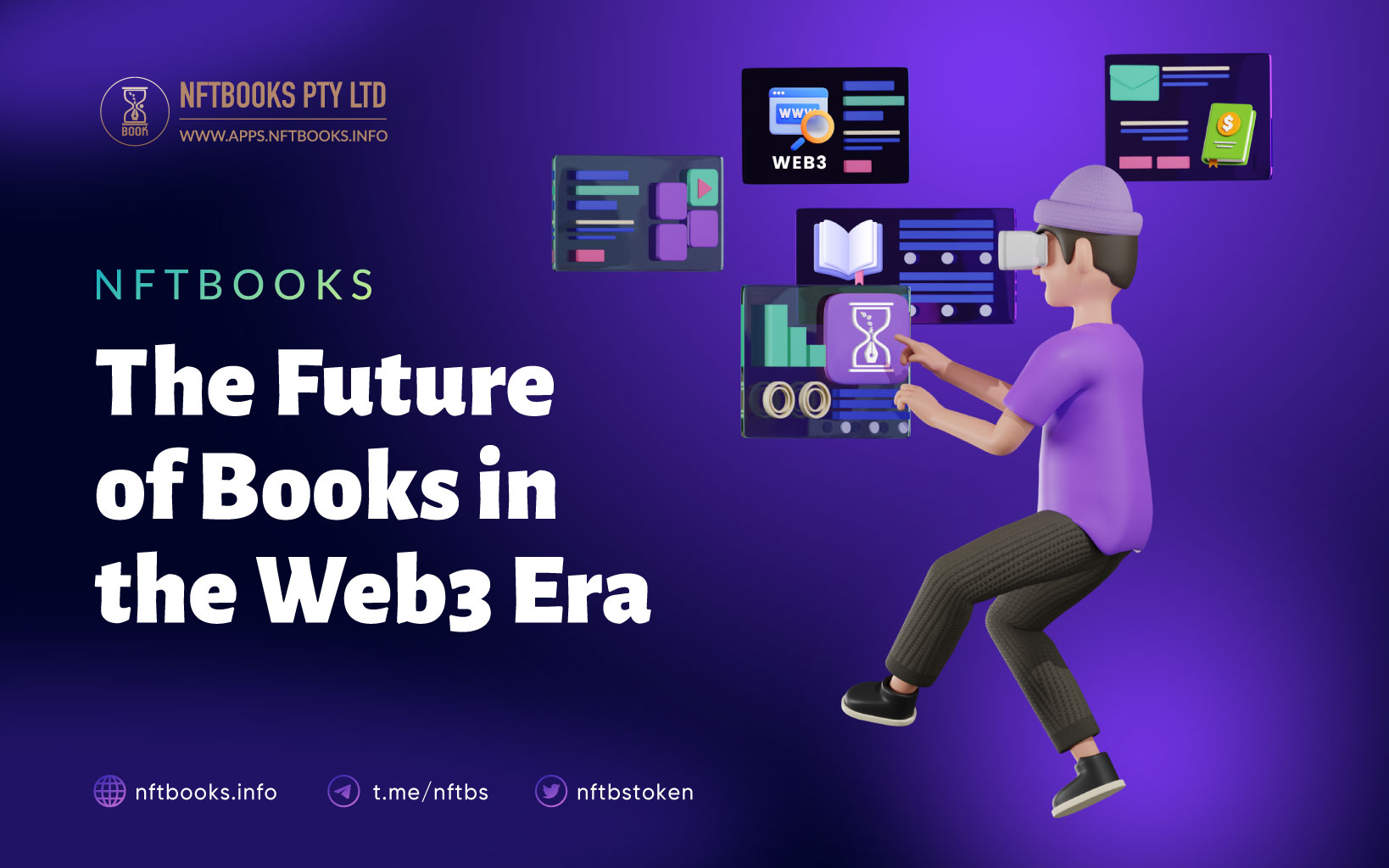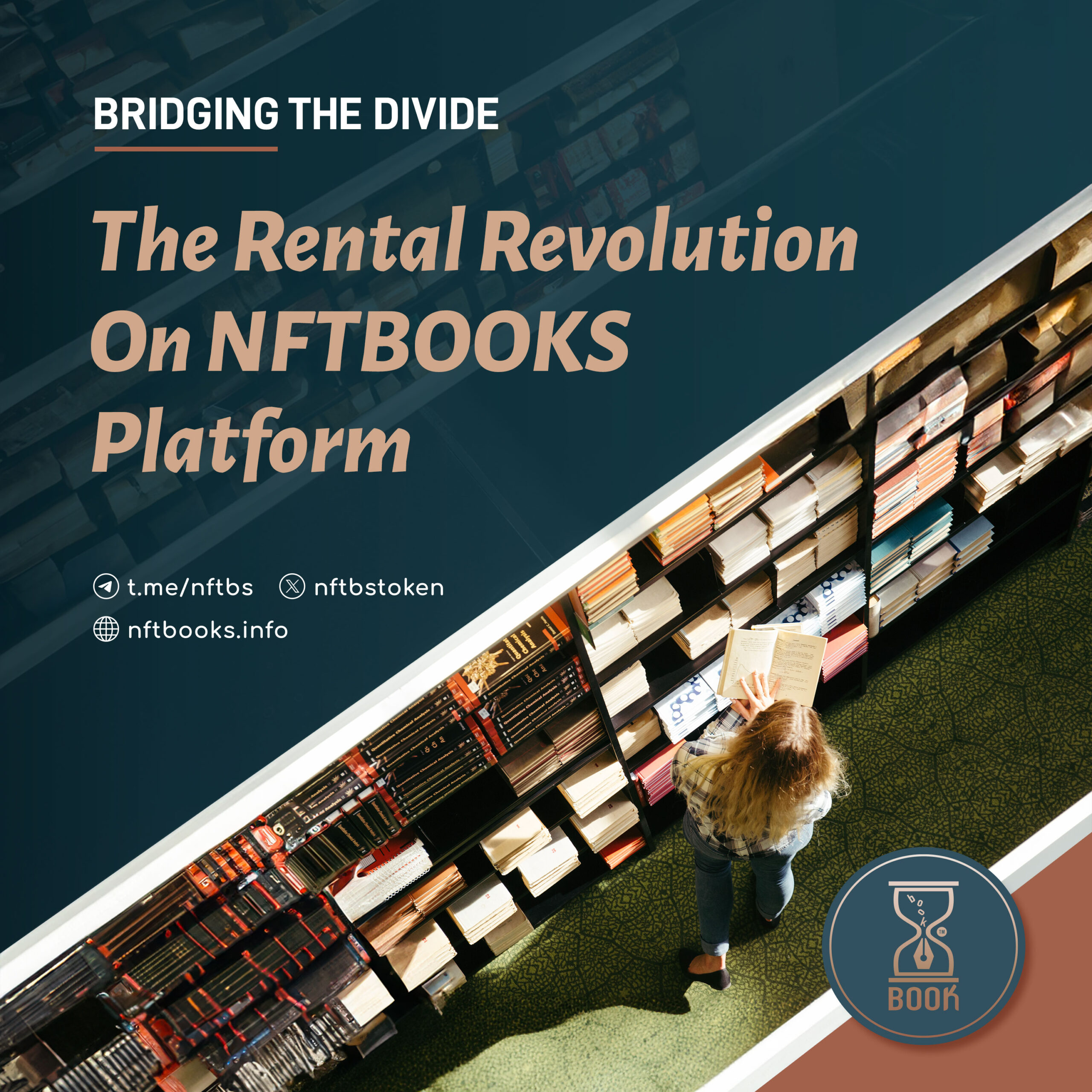Blockchain, a revolutionary technology, has gained significant traction across various industries. It’s not just a buzzword but a transformative system reshaping how data is stored, shared, and secured. Initially designed for cryptocurrencies like Bitcoin, this technology has evolved into a versatile tool with applications ranging from finance to supply chain management. In this article, we’ll dive into its basics, its role in different sectors, and how it impacts the digital landscape.

What Is Blockchain Technology?
At its core, it is a decentralized ledger that records transactions across a network of computers. In this system, each transaction stores a “block,” and these blocks link or “chain” together to create a secure and immutable record. The system’s primary advantage lies in its transparency and security. Unlike traditional databases controlled by a central authority, it distributes control, meaning no single entity fully controls the data. This structure ensures that information is accurate, trustworthy, and resistant to tampering or fraud.
One of the common questions people ask is, what is this technology? It can be described as a digital system that provides a way to record and verify information without the need for intermediaries like banks or governments. As more industries explore this system, it’s clear that its potential goes far beyond cryptocurrency.
Blockchain Technology in Banking
One of the most promising applications is in banking. This system in banking has the potential to enhance the security, speed, and cost-effectiveness of financial transactions. Traditional banking systems rely on intermediaries to process transactions, which can be slow and expensive. With decentralized ledgers, transactions can be verified and recorded directly between parties, reducing the time and costs associated with third-party intermediaries.
Moreover, this technology can enhance transparency in banking by creating an unalterable record of transactions. This transparency reduces fraud risks and ensures compliance with regulatory requirements. Banks are now exploring decentralized solutions for cross-border payments, loan processing, and even digital identity verification. As the financial sector embraces this system, it’s clear that it is set to revolutionize how banking operates.
The Role of Blockchain Wallets
To interact with blockchain networks, users need a blockchain wallet. A blockchain wallet is a digital tool that allows users to store, send, and receive cryptocurrencies like Bitcoin or Ethereum. It’s similar to a traditional wallet, but instead of holding physical currency, it manages digital assets. Blockchain wallets can be either hardware-based (physical devices) or software-based (applications on a phone or computer).
One of the main advantages of a blockchain wallet is the security it provides. Unlike traditional wallets that can be stolen or lost, blockchain wallets use advanced encryption techniques to protect users’ assets. Additionally, users have full control over their funds, as no central authority manages the wallet. This self-sovereignty is one of the main reasons why blockchain technology is becoming increasingly popular in the financial world.
Beyond Finance: Blockchain’s Expanding Role
While blockchain’s most famous use case is cryptocurrency, its applications extend far beyond finance. Industries like healthcare, real estate, and logistics are now exploring blockchain’s potential to improve efficiency and transparency. For example, in supply chain management, blockchain can create a transparent and traceable record of goods, ensuring authenticity and preventing fraud. Similarly, in healthcare, blockchain can secure patient records, ensuring data integrity and confidentiality.
Blockchain’s potential is virtually limitless. As industries continue to explore its capabilities, it’s clear that blockchain will become a key player in the future of technology.
The Future of Blockchain
As more companies and industries adopt blockchain technology, the future looks promising. Governments are also beginning to recognize its potential, with some exploring the possibility of using blockchain for voting systems and digital identities. The decentralized nature of blockchain aligns with the growing demand for privacy, security, and transparency in the digital age.
While there are still challenges to overcome—such as scalability and regulatory hurdles—the potential benefits of blockchain are undeniable. As the technology matures, it’s likely that blockchain will become a standard feature in many industries, driving innovation and improving efficiency on a global scale.
How NFTBOOKS Is Revolutionizing Publishing and Reading with Blockchain
One standout example of blockchain’s transformative power is NFTBOOKS, a platform that’s revolutionizing the publishing and reading industry. Using blockchain technology, NFTBOOKS enables authors to publish their work as non-fungible tokens (NFTs), offering enhanced copyright protection, royalty income, and transparency. Blockchain ensures that every book is securely encrypted and traceable, allowing authors to maintain control over their intellectual property. Readers also benefit from the ability to resell or rent digital books, creating new income streams. By leveraging blockchain’s decentralized nature, NFTBOOKS not only streamlines the publishing process but also empowers both authors and readers in a way traditional models never could.

Final thought
In conclusion, it is far more than a passing trend. Its ability to offer transparency, security, and efficiency makes it an essential technology for the future. From solution technology in banking to digital wallets and beyond, it is set to disrupt traditional industries and pave the way for a more decentralized and trustworthy digital world. As more industries adopt blockchain, its influence will only grow, making it a critical part of the evolving technological landscape.







